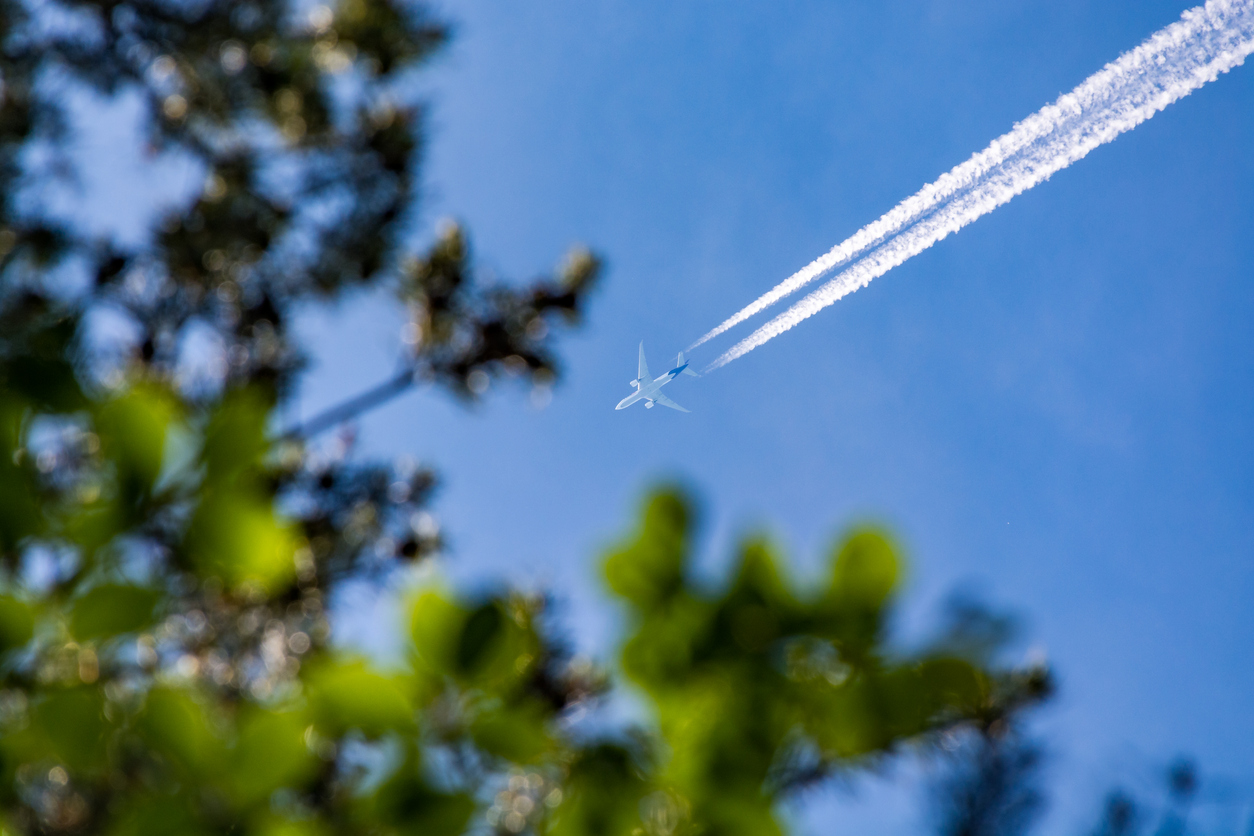Air travel (and travel more generally) is associated with increased levels of carbon, rising temperatures and energy waste. Despite your best intentions, there will be times when you simply have to travel long distances. That might be for business or personal reasons, and sometimes a plane is the only option. If done correctly and with a degree of forethought, travel doesn’t have to be destructive to the planet. There’s always room for improvement, and a few small changes can have a dramatic effect.
Choose greener flights
Air travel has (rightly) acquired a negative reputation for its contribution to global warming, but it’s possible to fly with an eco-friendly mindset. Virgin, for example, has won an assortment of awards for its green measures. Not all airlines share the same green credentials though, so always do your research before you fly. Some are engaged in carbon offsetting, others prioritise fuel efficiency and you’ll see some airlines offering eco-friendly or "green" routes. These flights are designed to cut emissions via more fuel-efficient routes and full seats. They might involve layovers or extended stops, but there are plenty of ways to pass the time and you’ll be doing the planet a big favour.
Pack lightly (and avoid plastic)
Weight means carbon. Every single extra bag means that a plane burns through more fuel, so pack as lightly as you can. If you can manage with carry-on luggage only, even better. Similarly, avoid plastic where at all possible. This can sometimes be difficult (especially as liquids need to be bagged in the airport) but use sustainable materials when you reach your destination. If you’re going to shop for souvenirs or visit markets, for example, be sure to bring some eco-friendly bags with you.
Shop local
When you arrive in a new location it can be tempting to shop and spend freely without much research, but the same rules apply abroad as at home. Locally sourced products are overwhelmingly better for the environment. They have a much smaller carbon footprint (having travelled less distance) and are often more responsibly sourced. Eat and shop local where you can and, if it’s safe to do so, use a refillable container rather than buying bottled water. This has tangible personal benefits too, and you’ll likely discover more of the area’s cultural background if you make an effort to buy local.
Treat the hotel like home
Most people are environmentally conscious at home, but all of this goes out of the window when you’re on holiday and you don’t have to worry about the energy bills! Nonetheless, every little helps and all those energy-saving methods that you use at home are equally applicable in a hotel. Don't leave taps running freely, take showers rather than baths and don’t ask for clean towels every day. Most importantly of all, turn the lights off before you leave the room! It might be longer than you think before the cleaner arrives, and this wastes lots of energy.











